
Like many other industries, HR is finding new ways to streamline its processes with the use of data science technologies such as automation and artificial intelligence (AI). As many as 55% of companies in 2020 were using some form of recruitment automation, and that number is likely higher today. This new era of AI is forcing HR professionals to understand and adapt to new systems and processes. And while change can be uncomfortable, the rewards that AI can offer make the journey well worth it. From benefits to biases, let’s take a look at how artificial intelligence is changing the recruiting process.
The Four AI Themes in HR
AI is helping HR professionals:
- automate repetitive and monotonous tasks
- review large amounts of documents or other data
- communicate in real time at scale
- source candidates
Each of these areas has its own technology vendors and benefits. Take communication for example - there are chatbots powered by artificial intelligence who are performing initial candidate screening and assessing qualifications to save recruiters time. For volume hiring needs, having an AI-powered tool that can sift through vast amounts of applications is also a major time saver. Indeed the benefits of AI are all summarized in Daft Punk’s lyrics “Better, Faster, Stronger.”
TechTarget paints the high-level picture of the applications and benefits of AI recruiting tools as well as their drawbacks:

The last bullet in the drawbacks column is a hot topic in the industry at this very moment - technological bias or unconscious bias.
Addressing the Bias of AI
If hiring teams are to rely on a machine to make decisions for them, it’s imperative that they understand how the system works. As an industry, we can’t have machines being trained with the historical biases of humans. Historical data that AI can learn from can include decisions made subjectively. So is it possible for these systems to operate without such biases?
This ethical dilemma is so important that it’s caught the attention of lawmakers. In 2021, the European Union (EU) began drafting legislative framework for artificial intelligence technology in the recruiting process. This is a challenging task given how fast AI and data science technologies are advancing. Realistically it could take years to roll out new legislation. Enforcement of the proposed EU laws would eventually require AI companies to supply detailed documentation about how systems work, making implementation slower and more expensive. Finding the balance between the operational and financial needs of the workforce and ensuring fairness to every candidate is easier said than done.
The U.S. Federal Trade Commission is also monitoring the situation, announcing the same month as the EU that it has eyes on new AI technologies and existing legal framework to support equitable, fair and truthful processes. On January 2, 2023, a new law came into effect in New York City requiring a bias audit to be conducted by an impartial evaluator before companies can use AI technologies in their hiring process. Similar legislative framework is being discussed in Washington DC, and has already come into effect in Illinois. Meanwhile in Maryland, facial recognition has been prohibited with out the candidate’s consent.
Levi’s AI Chief, Katia Walsh, is fighting algorithmic bias, noting that her AI bootcamp was made up half of BIPOC participants and was 75% female. She says:
“There is an issue with bias in algorithms that becomes pronounced when only limited data is available or if it’s based on a certain agenda. We want to make sure we don’t perpetuate bias, of course, but we also want to minimize it. I don’t think it’s ever possible to fully eliminate bias – the world around us is inherently subject to bias – but it’s imperative that we do our best as both human beings and professionals.”
The World Economic Forum explains that companies who create AI technologies and the companies who use them for hiring need to be accountable for the decisions they make, and understanding how AI is affecting the evaluation process is important. They even say candidates may want to think about a resume for employers and another for AI!
How to Ensure Diversity, Equity and Inclusion in an AI-powered Hiring Process
HiringBranch recently published a study looking at Diversity, Equity and Inclusion (DE&I) in our AI-powered candidate assessment technology. CEO, Stephane Rivard, explains that hiring teams need to ensure that their hiring technologies are not collecting any data on a candidate’s gender, race, sexual orientation, age, location and native language. Vinay Johar, one of the Top 100 HR Tech thought leaders, agrees. He writes in Forbes:
“When set up correctly, the knowledge and skills of the employee will matter rather than other personal attributes. To ensure unbiased hiring when using these tools, make sure to carefully select the fields of your parser and remove any data that could create bias.”
As a proprietor of AI-powered technologies for hiring teams, Rivard explains how HiringBranch adheres to a zero-discrimination policy when assessing candidates by performing ongoing testing of the company’s own systems. Using data from customers, HiringBranch has cross-referenced candidate’s native tongue and gender data with their HiringBranch four-in-one assessment test scores in order to detect for biases. The case study found that there was “no significant difference in the assessment scores of native versus non-native speakers of English, or in male versus female candidates.”
Stephane says that AI technology providers need to work hand in hand with the legislative framework and keep these types of changes front and centre in their development pipeline. For example, at HiringBranch we developed our own AI Governance Framework based on guidance from the Government of Canada’s Algorithmic Impact Assessment, the Institute of Corporate Directors, and NuEnergy.ai to ensure transparency, accountability, fairness and more.
“It’s about more than just checking a box with regulators,” Stephane says, “it’s about demonstrating to hiring teams that you can audit the decisions your technology is making for them in a way that makes sense.”
Candidate’s Like AI-Powered HR Technologies
The landscape of AI providers in the HR space is still developing. Pre-pandemic the recruiting vendor landscape looked something like this:

Today many of these providers have merged, been acquired or gone out of business…and only a handful of them are offering tools powered by AI. However those that are stand by the benefits in the hiring process, and not just for overworked recruiting professionals.
AI offers automation, speed and time-savings benefits to anyone who is applying for a job. For example, AI can help ensure a smooth and timely hiring process, keeping candidates in the competition longer, while offering the same benefits for onboarding new employees. Imagine having all of a candidate’s questions answered in real-time, with the necessary emails being sent in the process automatically, and communicating with candidates every step of the way without lifting a finger. From this point of view, using artificial intelligence in the recruiting process can be a win-win for both HR professionals and candidates.
How is AI Changing the Recruiting Process? AI Answered....
With all the recent hype around Chat GPT, we just couldn’t resist going meta and asking the AI how it “thinks” AI is changing the recruiting process. The answer was very on par with our research. Read on to get the machine’s answer!

How To Leverage AI in Your Recruiting Process
There’s a lot to digest around such a sophisticated topic like artificial intelligence in recruiting. HR professionals certainly have their work cut out for them when it comes to understanding and adopting these advancements. Start by taking inventory of your current recruiting process/pipeline and note down every detail you can think of - these will come in handy when it comes time to implement any form of automation later on.
Common areas where artificial intelligence is changing the recruiting process include:
- Creating job advertisements (Textio)
- Sourcing candidates (Fetchio)
- Assessing candidate soft skills (HiringBranch)
- Candidate communication (Paradox AI)
- Employer branding/HR marketing (TurboHire)
- Custom Onboarding (Levity.ai)
- Retention (Happily.AI)
24% of companies in 2021 were using artificial intelligence and changing their recruiting process. That number is likely higher today. Although technology providers will have to adhere closely to upcoming legislation, artificial intelligence is being widely accepted for the value it brings to the HR industry, especially throughout the recruitment process. These tools can become even more valuable given the employment challenges facing today’s workforce. With at least 1.4 Million talented people from the Big Tech sector now looking for new career opportunities, hopefully AI can help connect them to the 1.2 million engineering job openings.
Image Credits
Feature Image: Unsplash/Possessed Photography
Image 1: Screenshot taken January 2023 via TechTarget
Image 2: Screenshot taken January 2023 via Medium











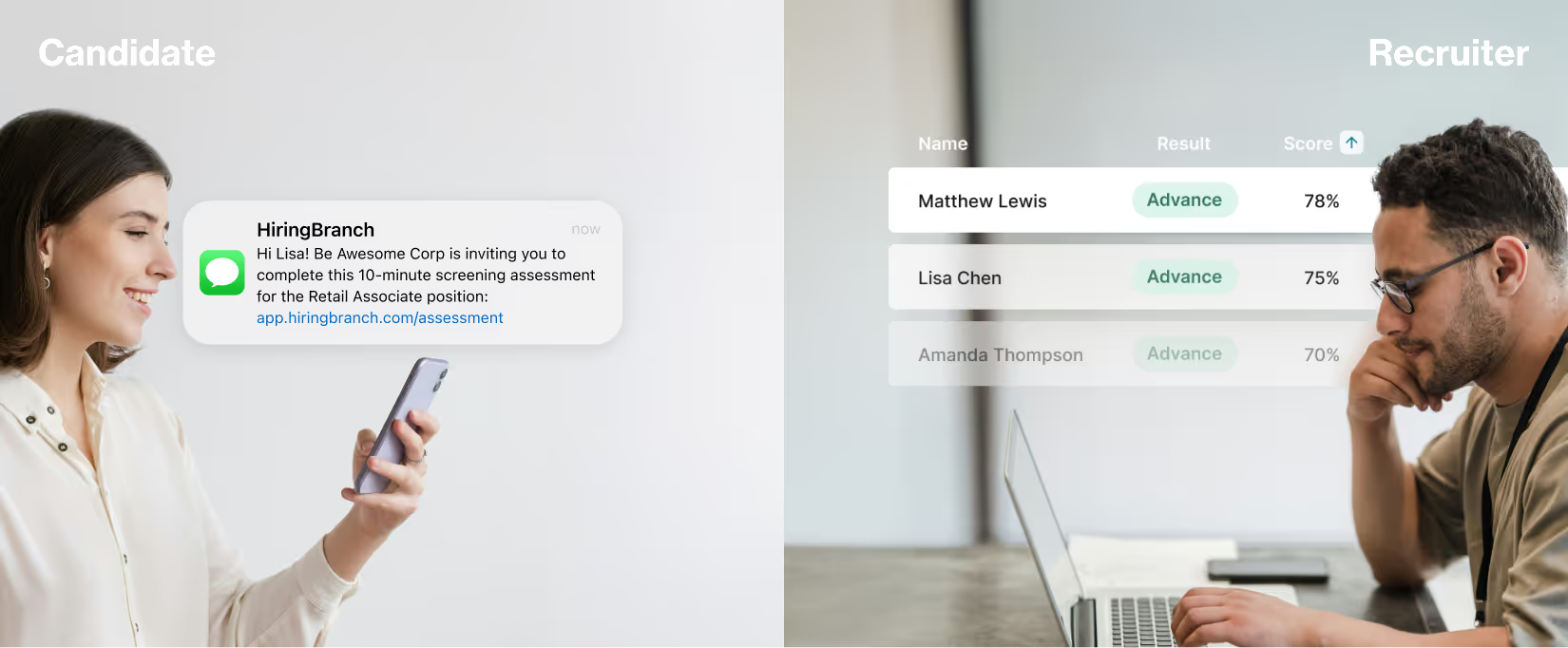

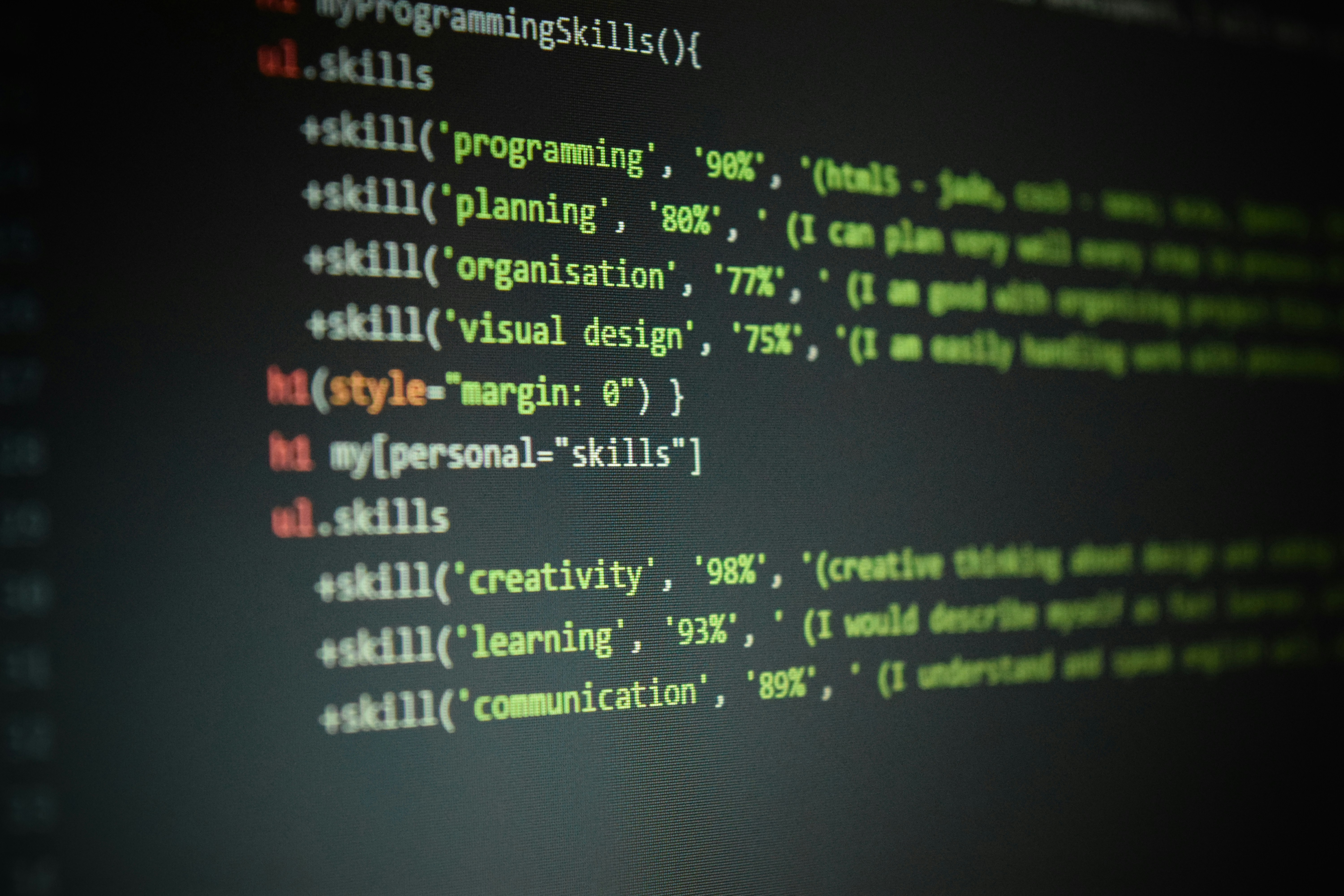
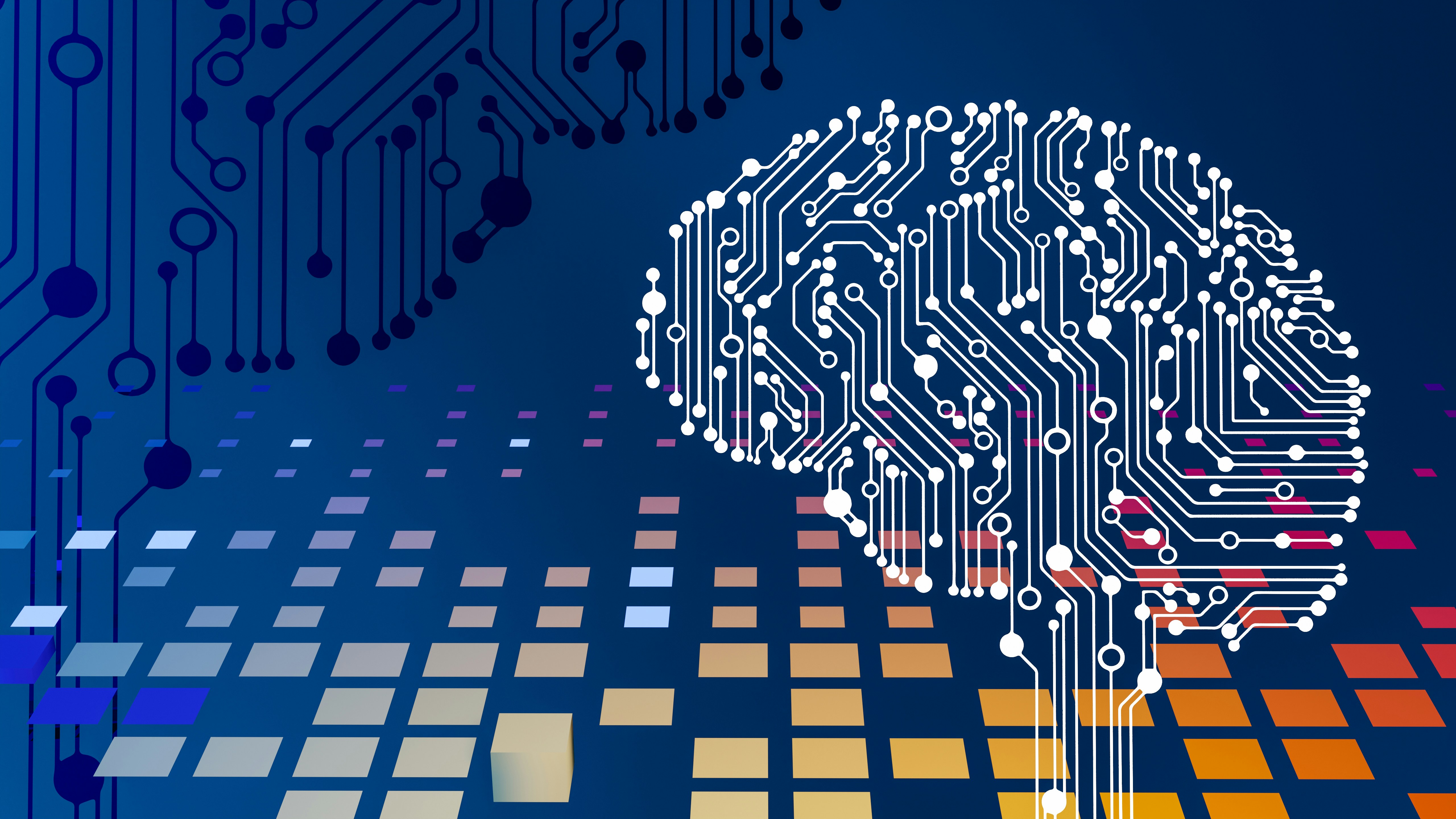

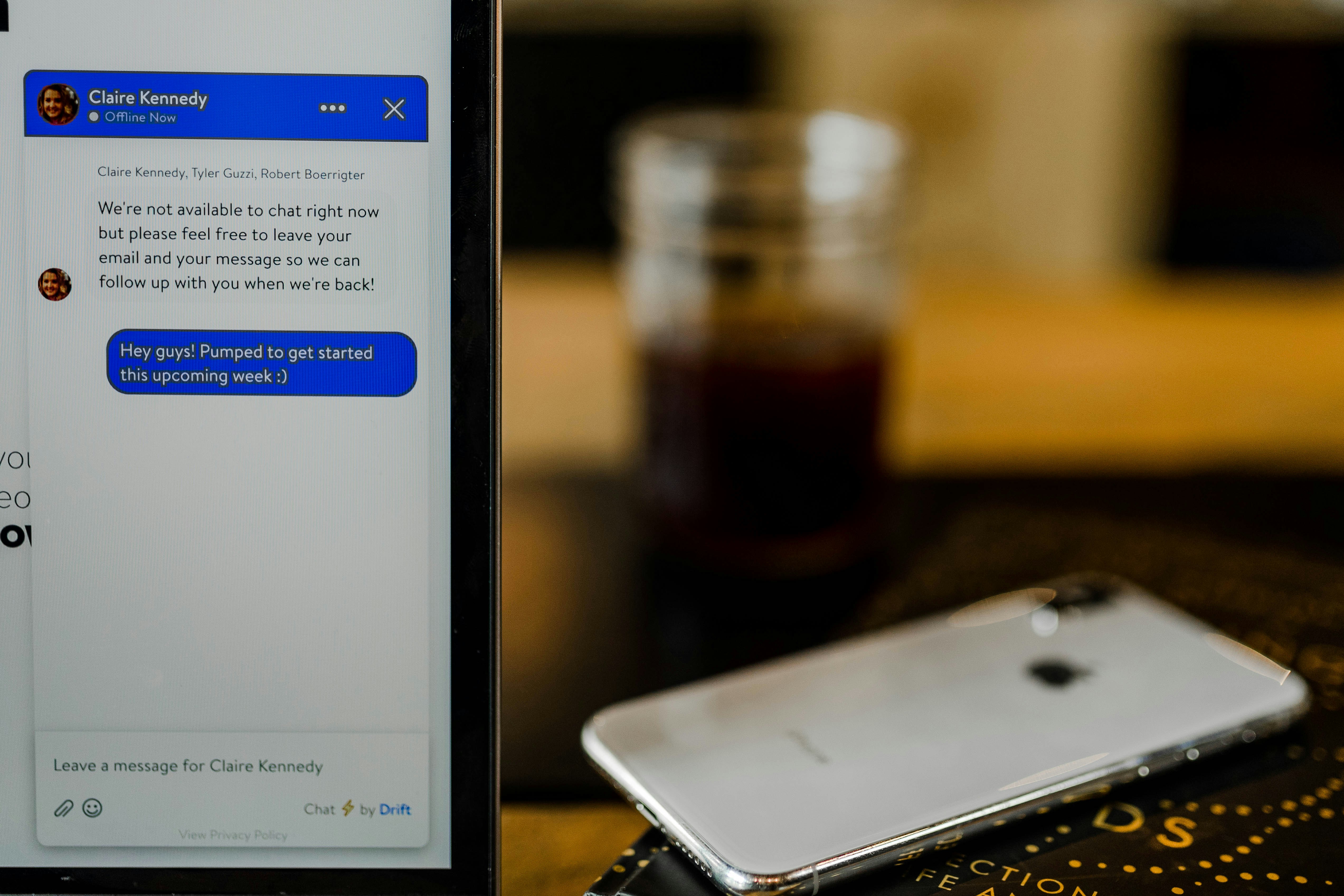
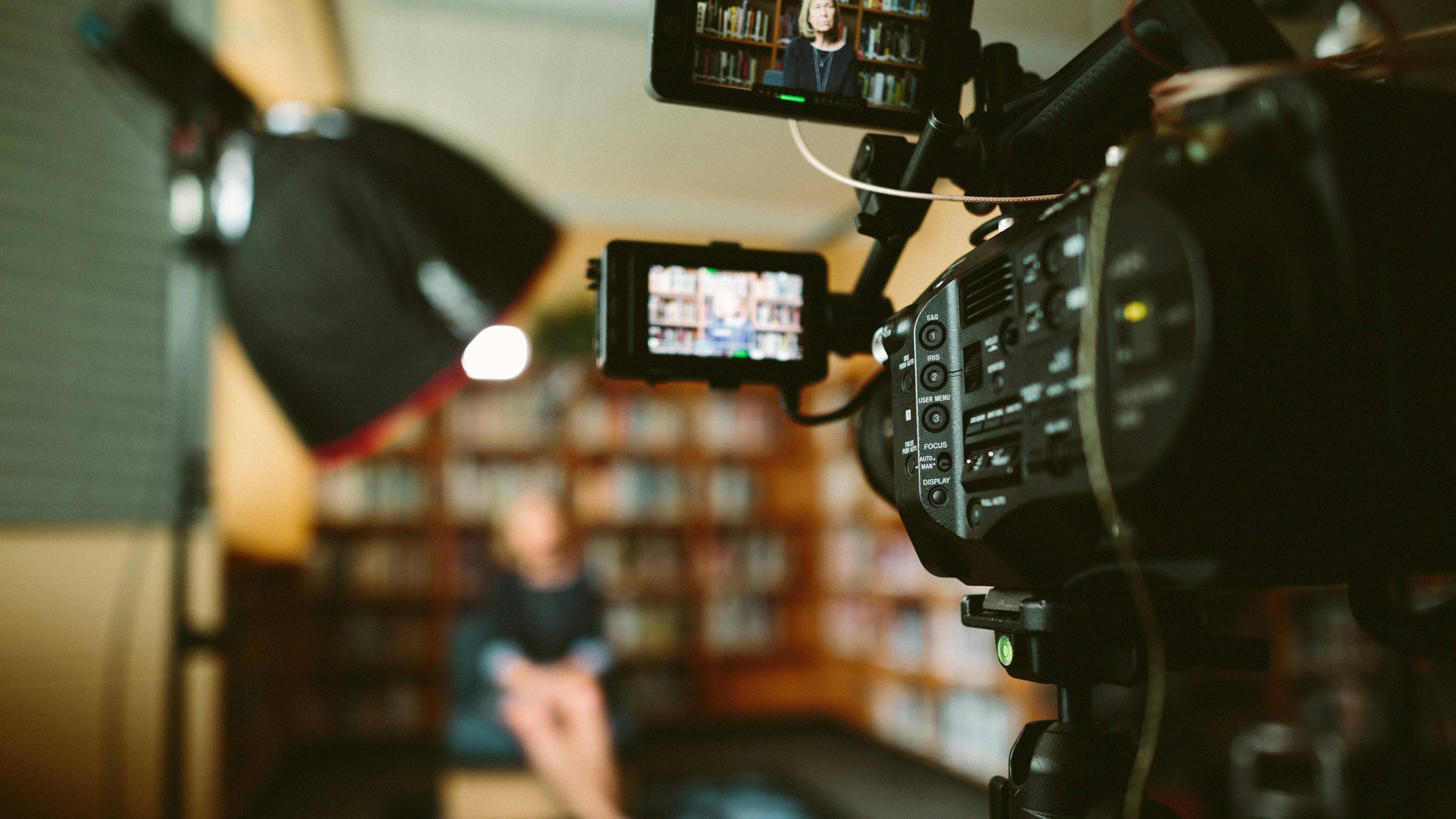







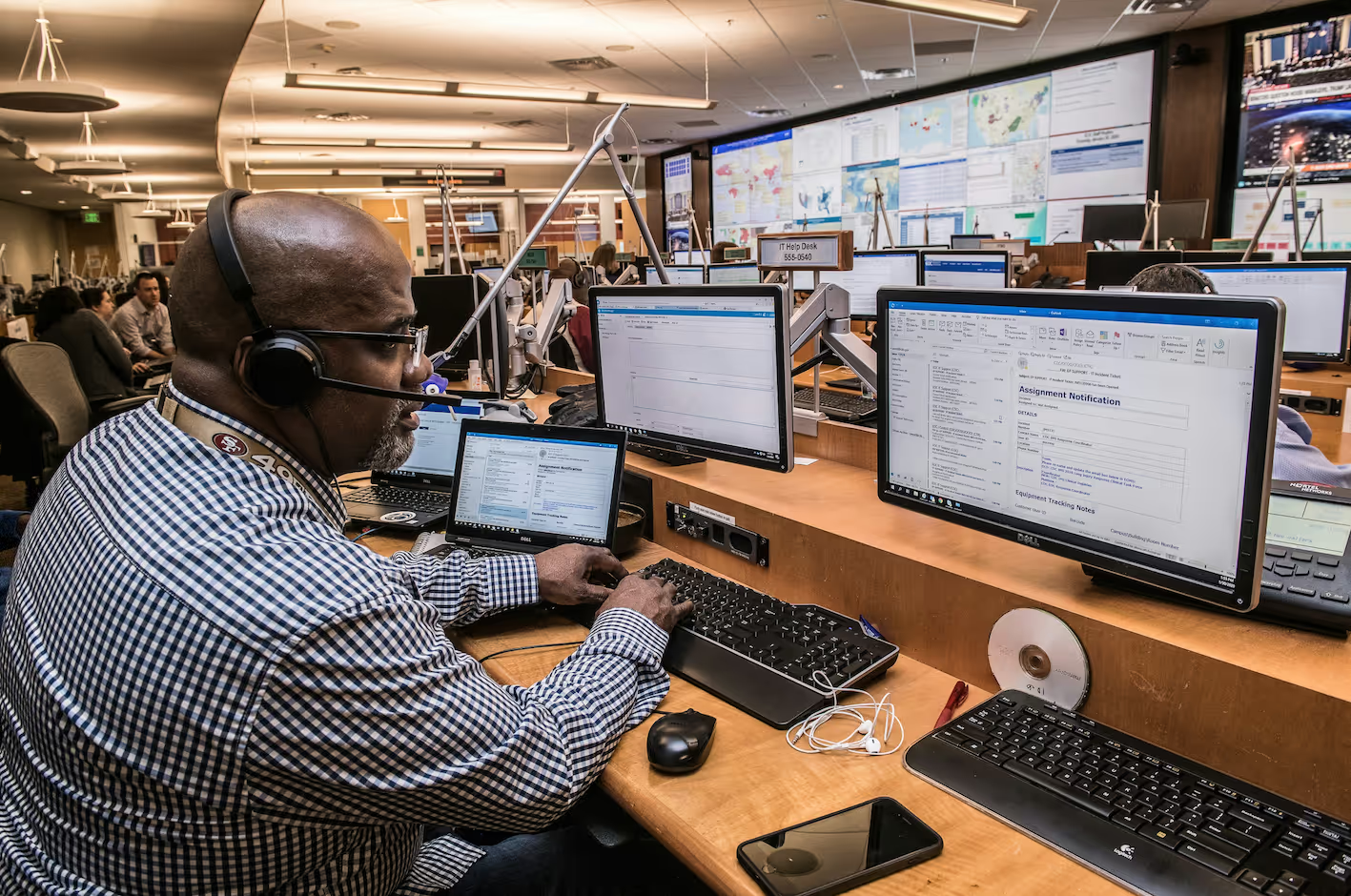
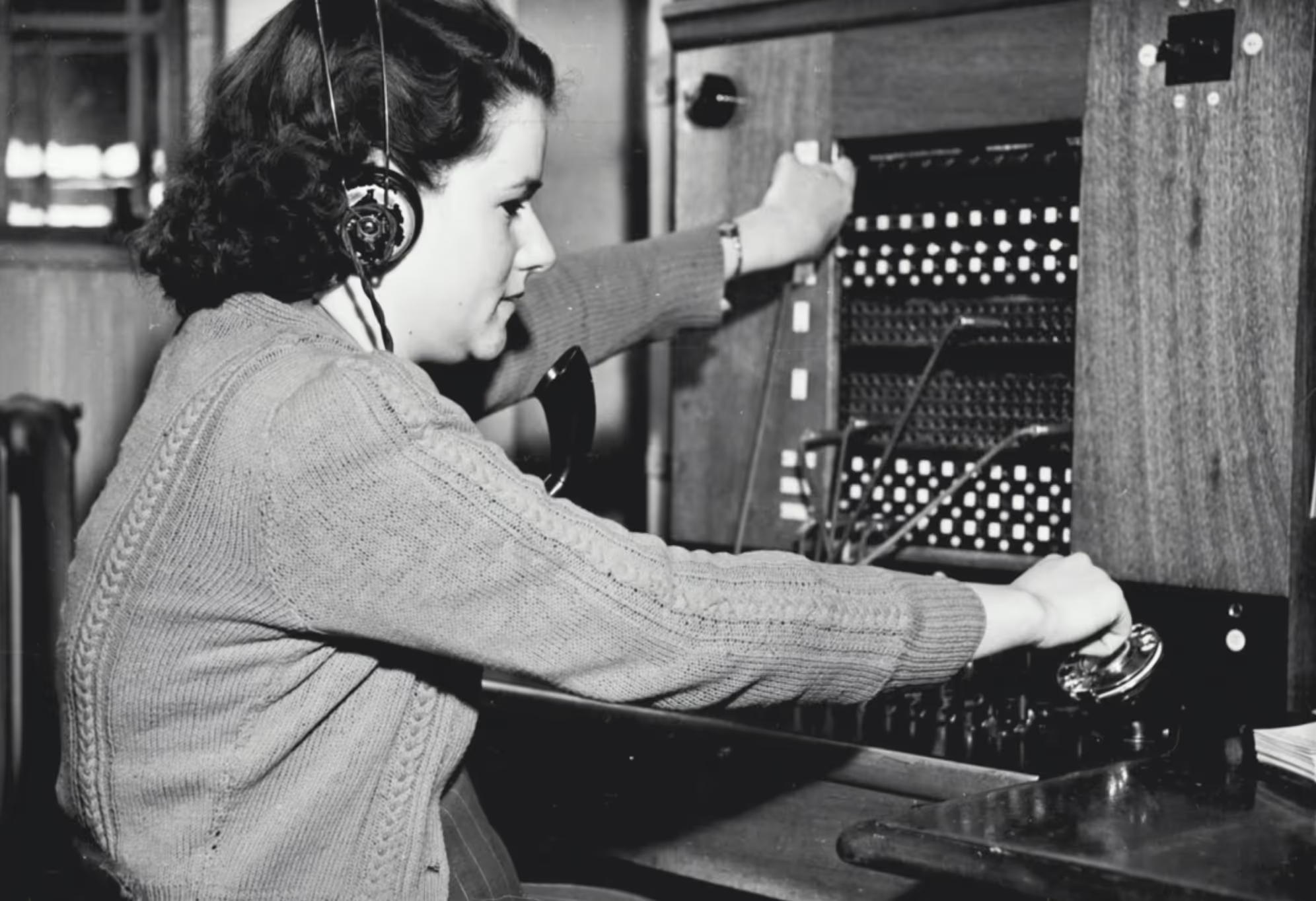















.jpg)

.jpg)








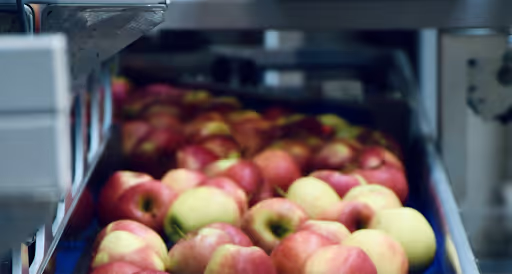








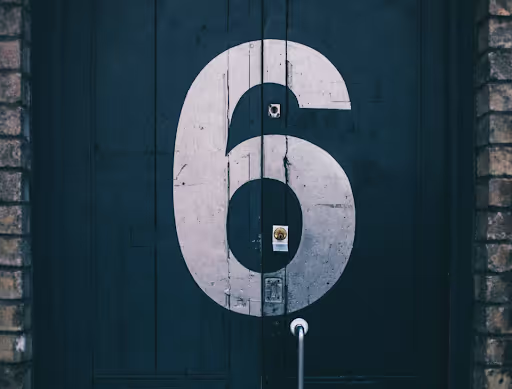







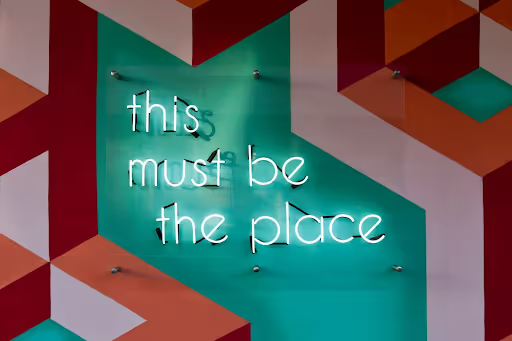

.avif)

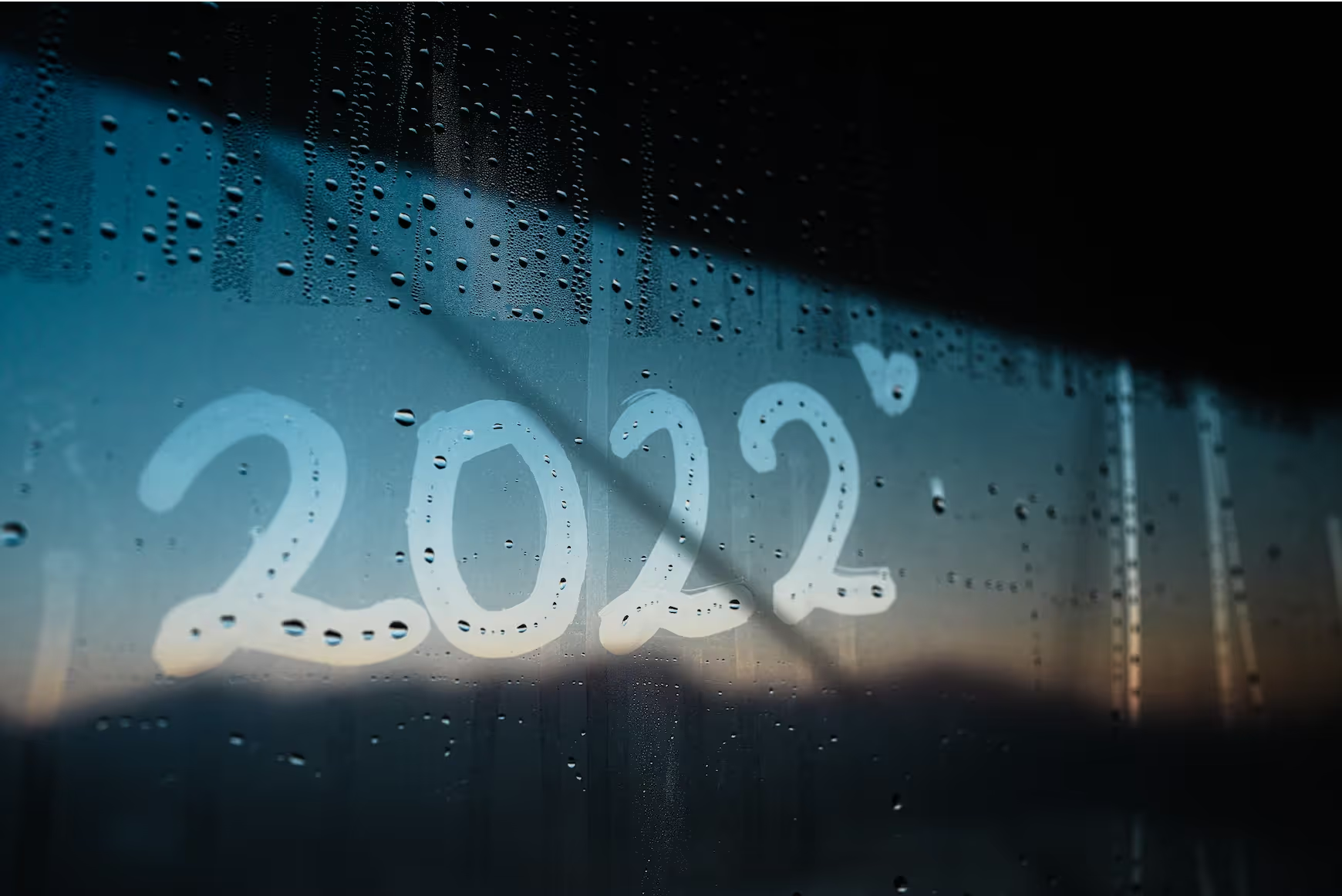

.avif)
.avif)


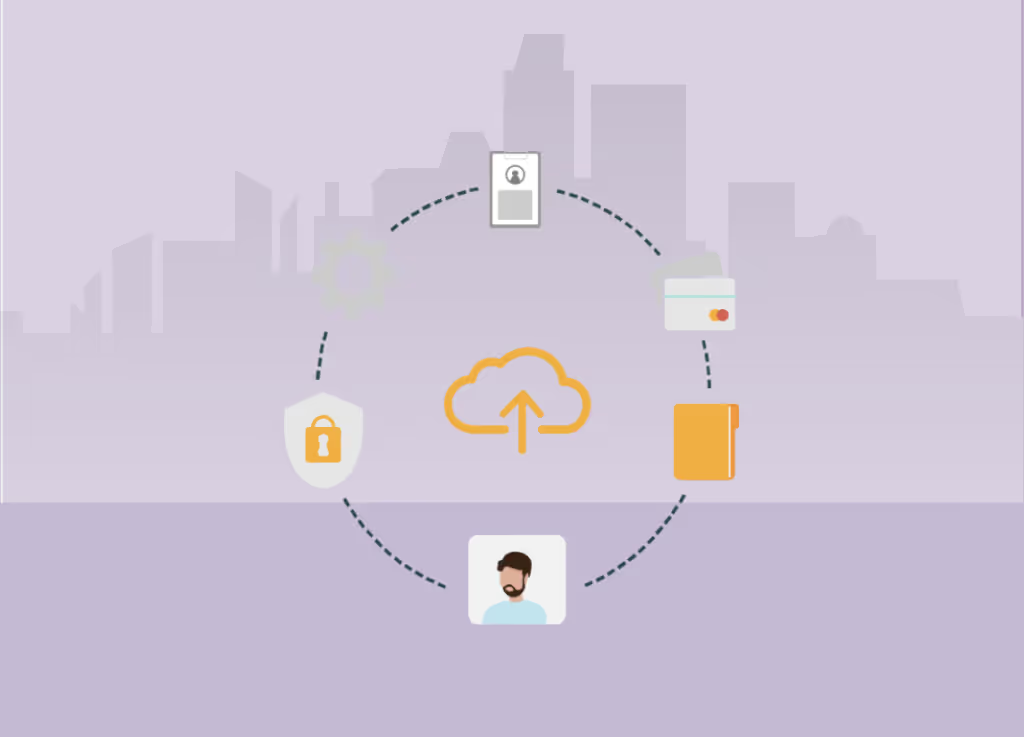
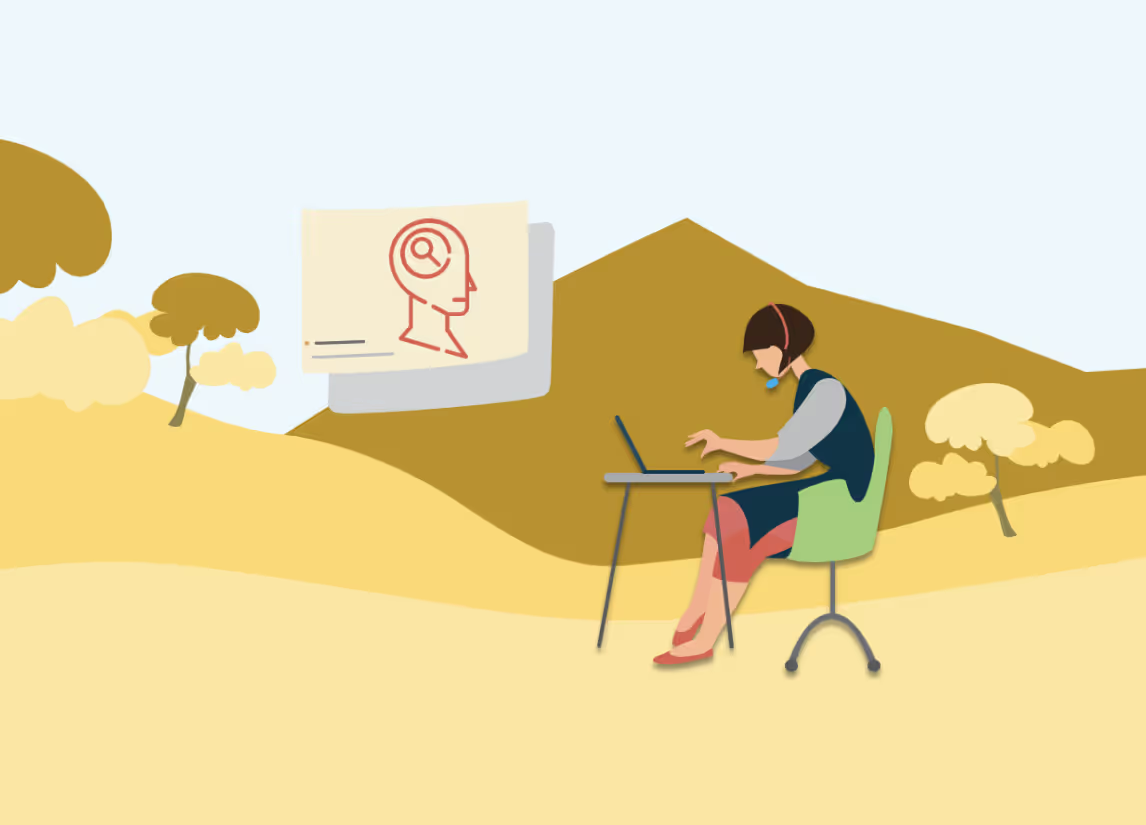
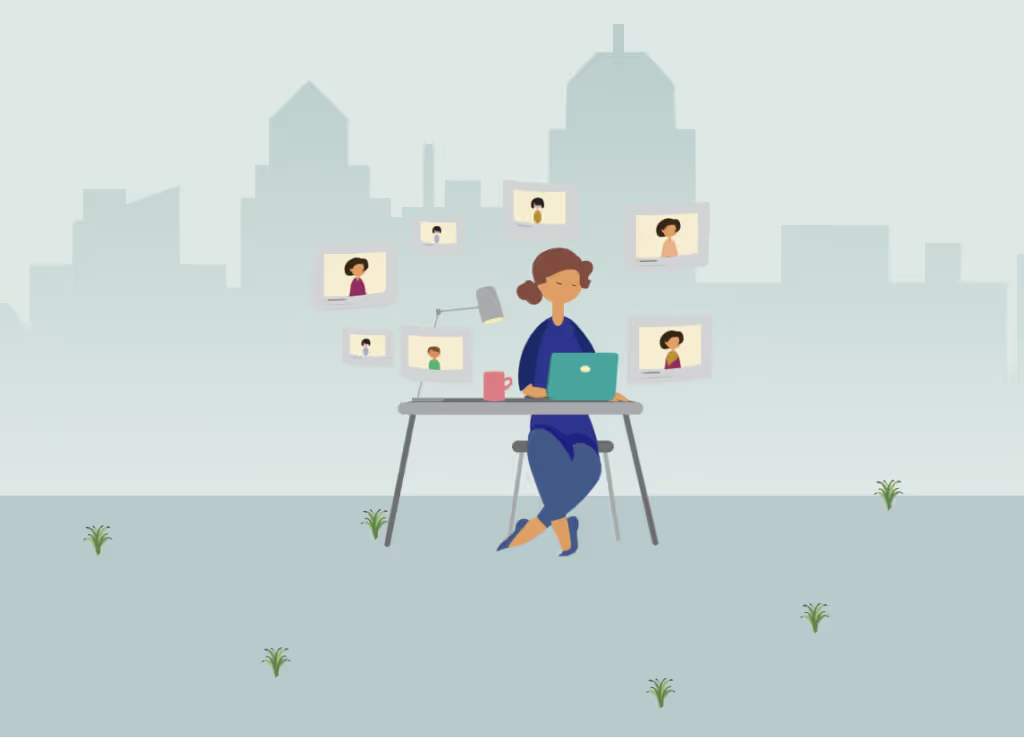




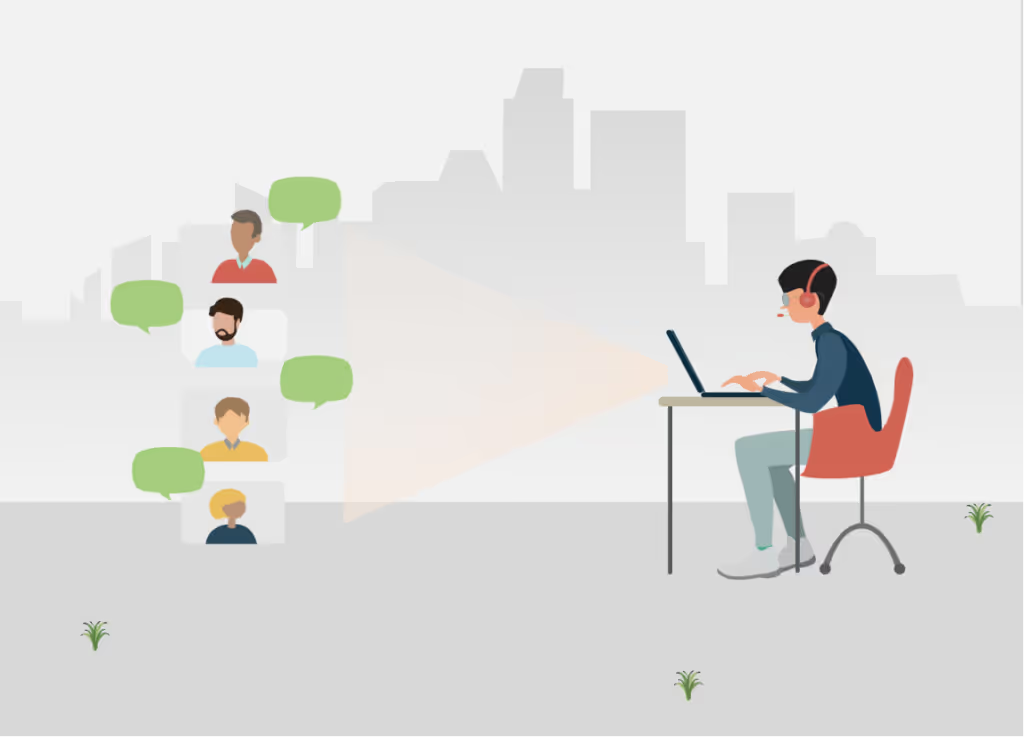
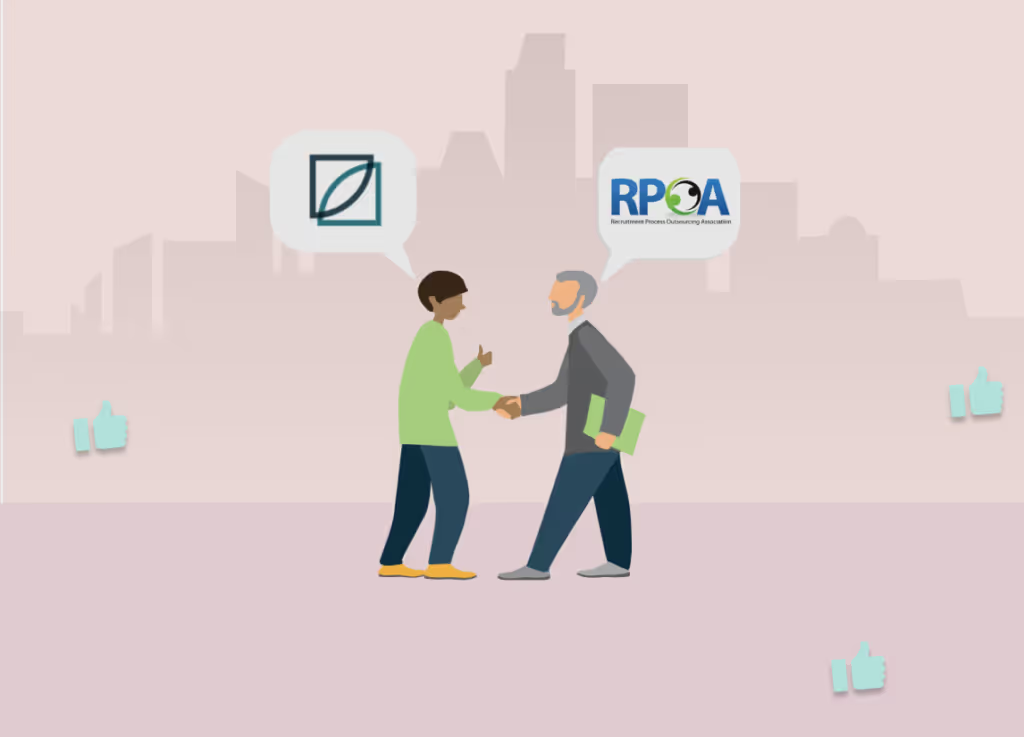

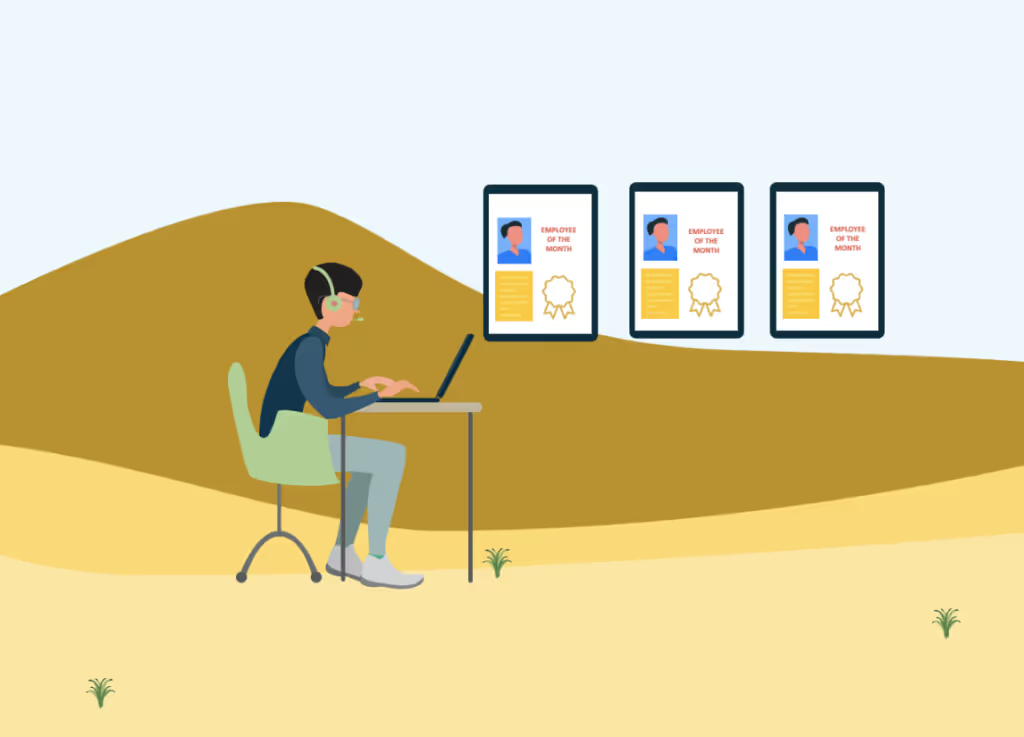


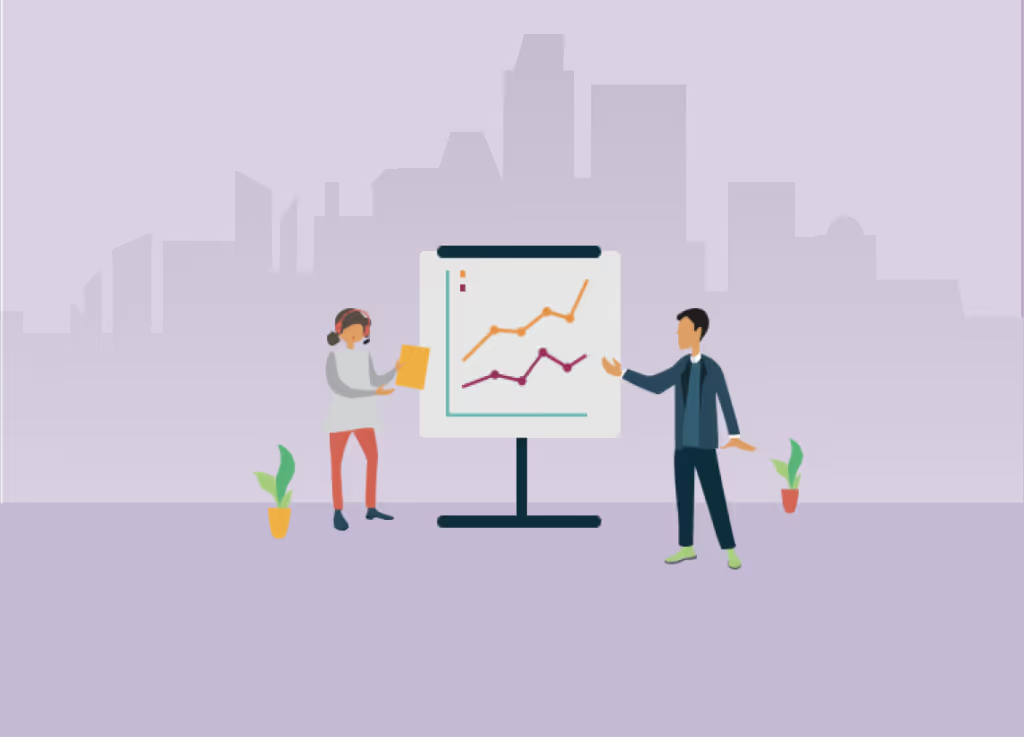





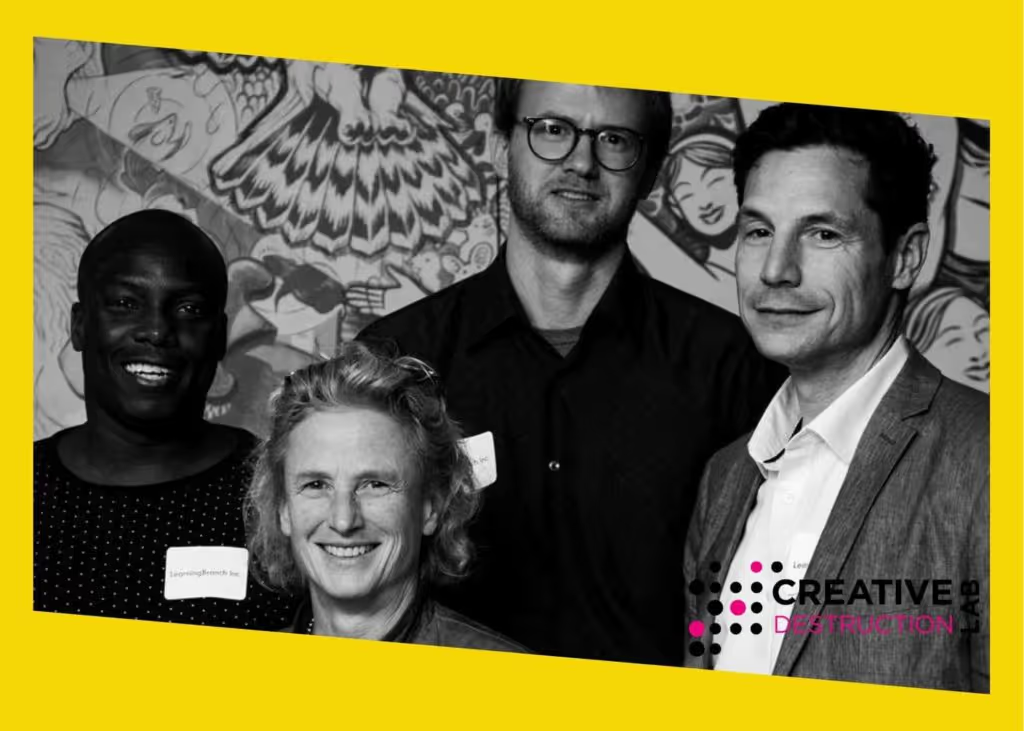


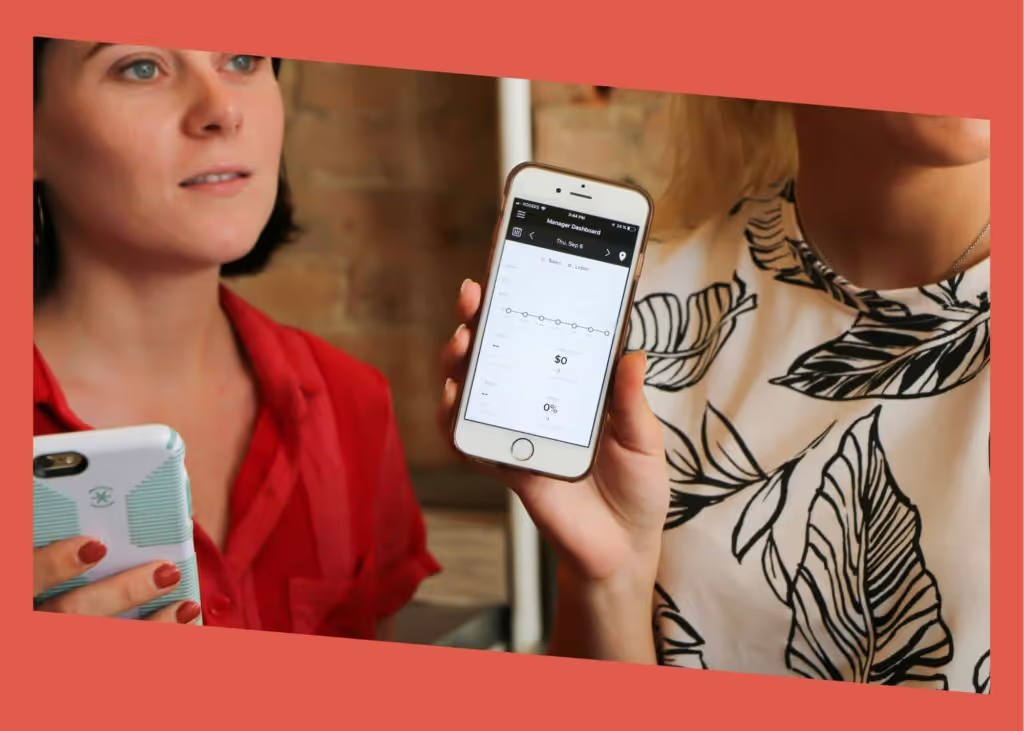
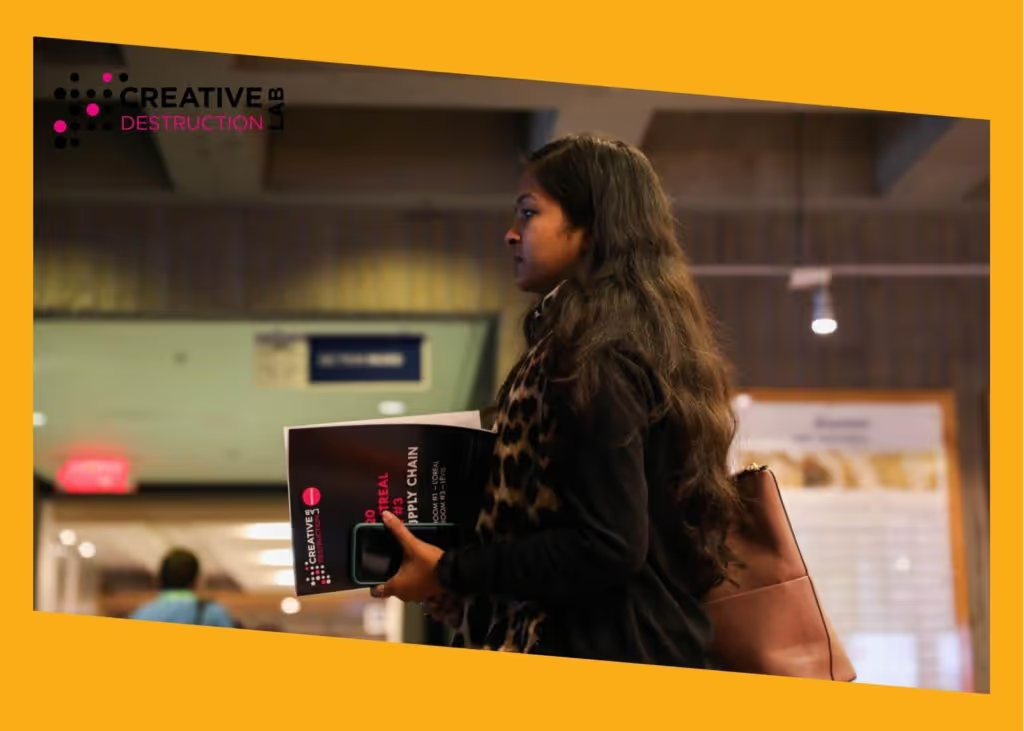




.webp)

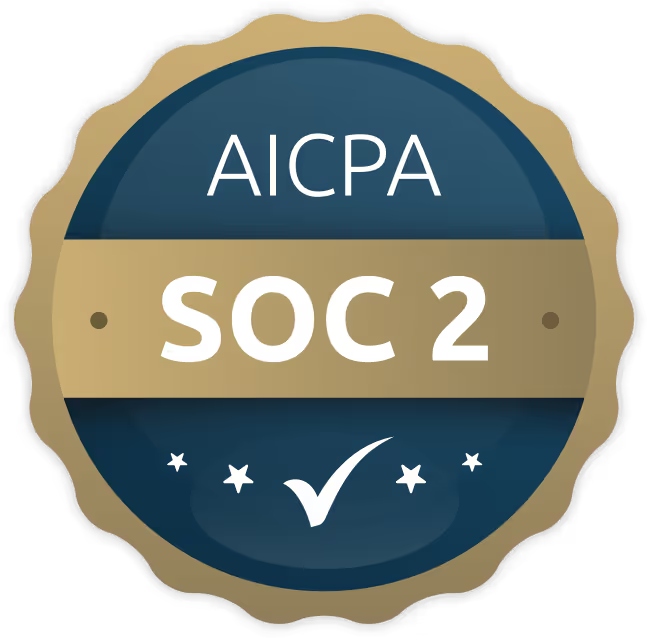


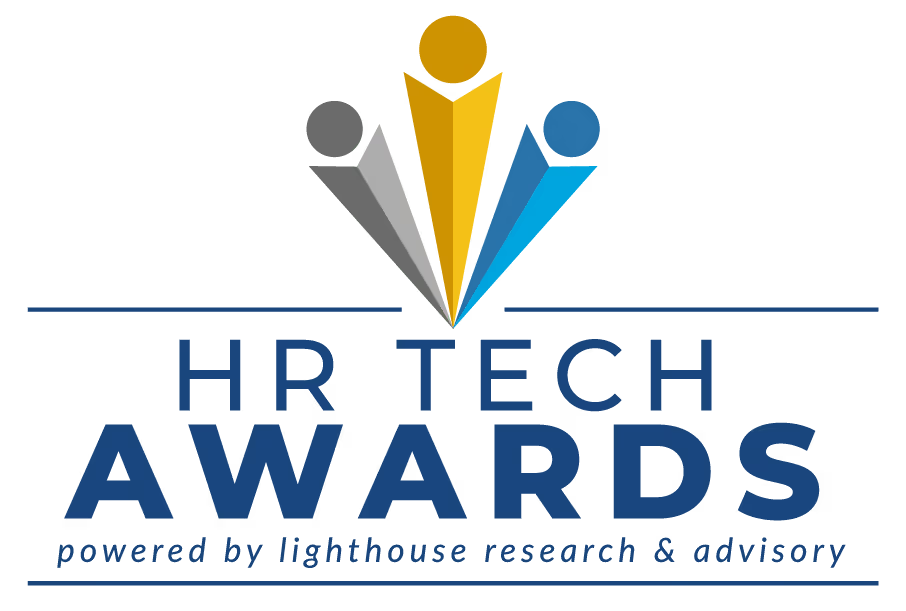
.svg)